Site Navigation
Remembrance Sunday

We Will Remember Them
Sunday 13th November is Remembrance Sunday, a day dedicated to taking time to give our thoughts to those who have given their lives to make ours better.
This year we want to focus on our charity partner Blesma, The Limbless Veterans. A charity that is dedicated to assisting those serving and ex-service men and women who have suffered life-changing limb loss or the loss of use of a limb, an eye or loss of sight. Since 1932, they have been the only national service charity that supports limbless veterans for life, offering financial and emotional support to them and their families.
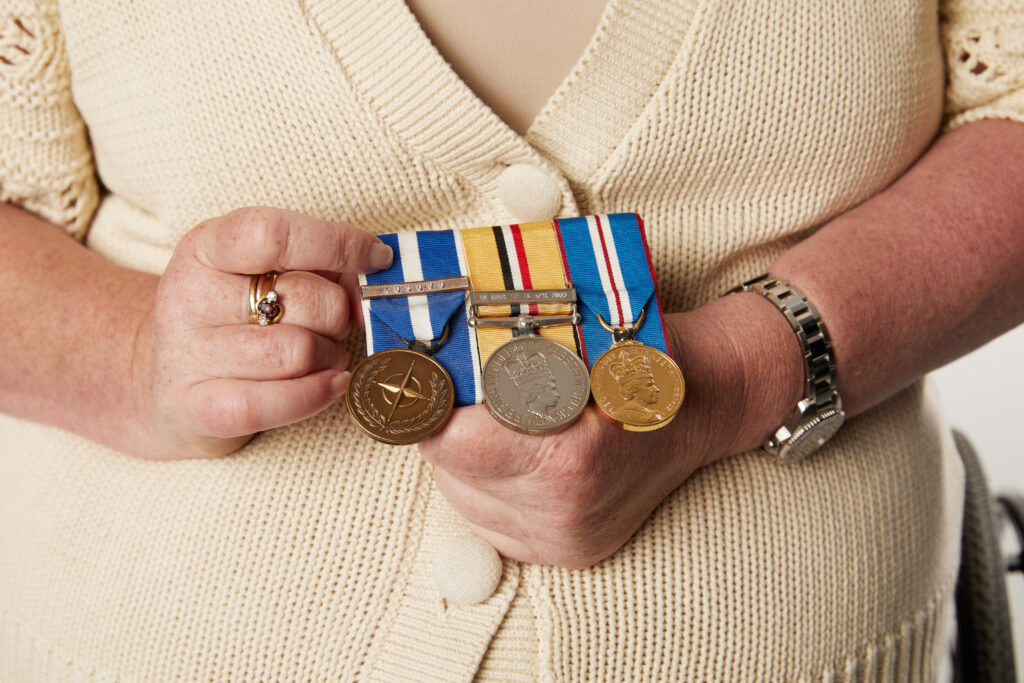
90 Years of Blesma
To commemorate their 90th anniversary Blesma are sharing the memories of three veterans who have suffered life changing limb loss.
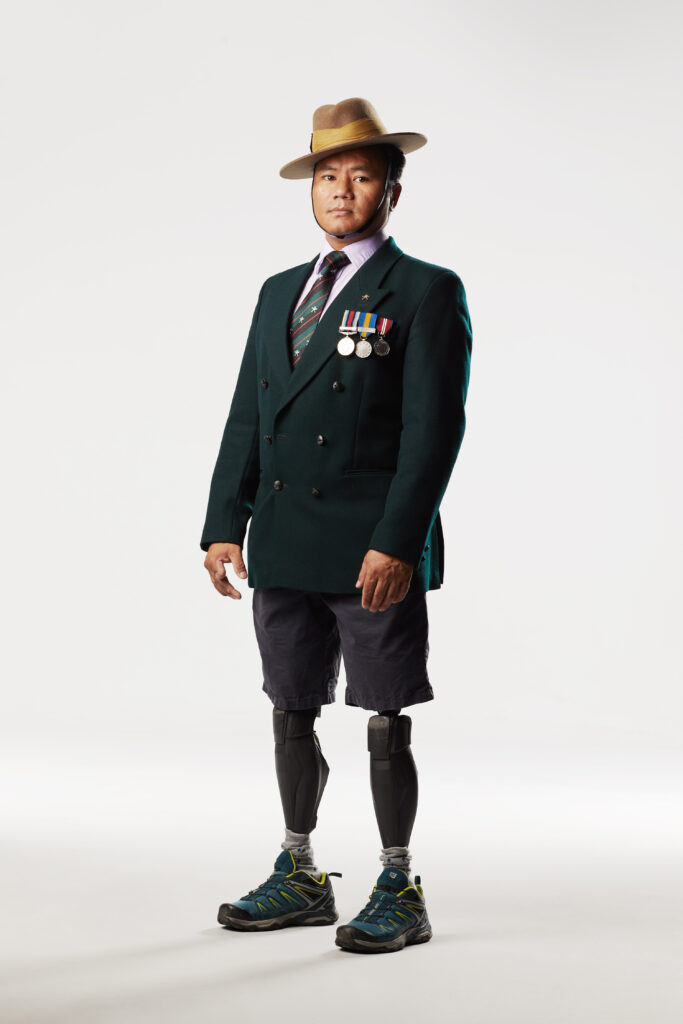
Vinod Budhathoki
Vinod served in 1st Battalion The Royal Gurkha Rifles. He began his service in 2005 and was injured in 2010.
Tell us about the day you were injured?
It was my second tour of Afghanistan. I was clearing a path for my patrol and we had to cross a canal. Just before I stepped in the water there was a huge bang. There was dust everywhere and then my legs felt as if they were burning; as if someone was wringing them out like wet clothes.
Were you aware of your injuries right away?
I could see that both my legs were smashed; my right leg was missing and although my left leg was still there, it was so smashed that I knew it would have to come off. I was conscious throughout the evacuation. My colleagues put tourniquets on me, gave me morphine, and tried to stop the bleeding.
What were you thinking at that time?
I was thinking about my wife because she was pregnant with our first child, and I worried how she would be if I died.
What was life like after your surgeries?
After my amputations my life was upside down. I remember lying in the hospital bed in Selly Oak and no one had told me how high up my amputations were. I put my hand under the blanket, touched my legs and realised they were above the knee. I just cried. But I never showed anyone that. As a soldier I just tried to be tough; I didn’t want to show any weakness.
How did your wife cope with what had happened to you?
She is a very strong person and has played a huge role in my life. She has helped me to recover, to bring my life back to normal as much as possible. She told me that she just wanted me to be alive no matter what.
How did you find out about Blesma?
I met someone from Blesma when I went to Headley Court. I didn’t know anything about Civvy Street, so he showed me how to fill out all sorts of forms and documents. Blesma was very helpful to me right from the beginning of my recovery.
How would you describe the Association to someone who has never heard of it?
Blesma is one of the best charities in the UK. It supports in all sorts of ways; mentally, physically, emotionally and financially. Blesma has helped me a lot and has been a very big part of my life. It is good to meet and talk to other Members; that’s when all the good memories come back.
How do you look back on your injury?
Honestly, I feel lucky because I lost so many friends who I served with in Afghanistan. I survived and now have so many opportunities in life, but they can’t come back. We supported each other in a warzone, and that is a very, very tough place to be, but it is also the place where we became very close to each other.
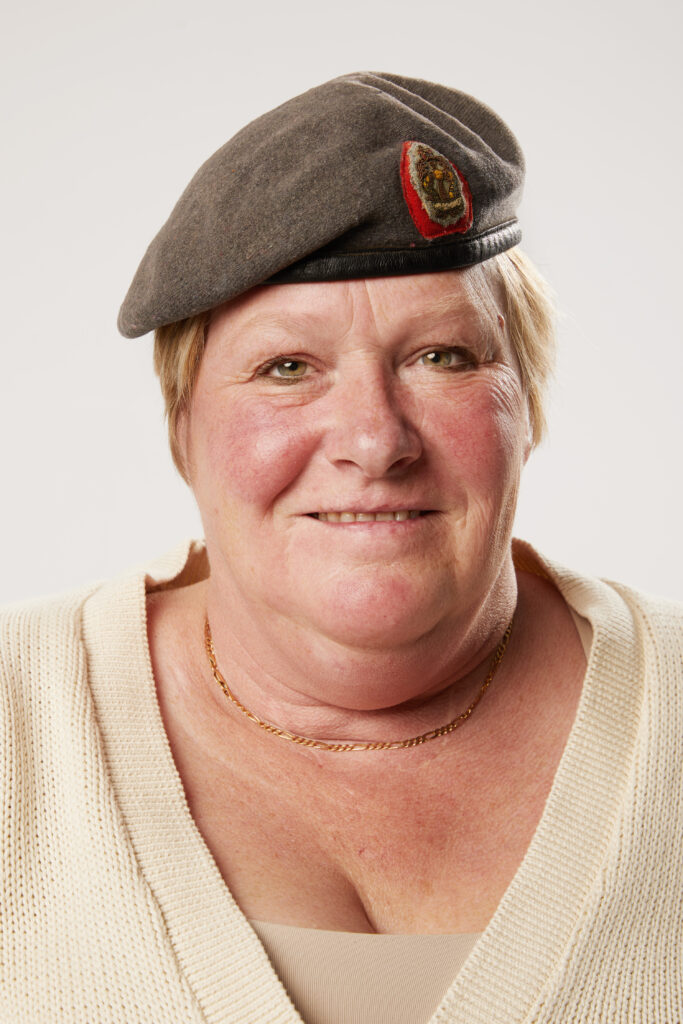
Alison Grant
Alison joined the Queen Alexandra’s Royal Army Nursing Corps as a nurse in 1991 when she was 23 years old.
Can you tell us how you were injured?
I had just come back from a tour of Iraq during the Gulf War and was on leave driving to my parents in Switzerland when I was hit by a drunk driver. I broke my neck which resulted in me using a wheelchair.
What do you remember from the crash?
I remember the emergency services cutting me out of the car, which took about four hours. I remember the engine being on fire. I remember the feeling in my legs starting to go, and I remember an excruciating pain in my collarbone. It was a frightening time.
What were the extent of your injuries?
Because the other car landed on top of mine it was like a compression injury on my neck. I fractured five of the seven vertebrae in my neck, but with the whiplash, one completely shattered. I fractured my collarbone and cut tendons in my right hand, but I was lucky not to sustain any internal or head injuries. It could have been a lot worse.
Where did you have treatment?
I spent six weeks in intensive care in a French hospital. They put me on a ventilator and performed a tracheotomy to secure my airway. They thought I would have to be on a ventilator for the rest of my life. After six weeks, I was transferred to the spinal injuries unit at Stoke Mandeville Hospital where I spent eight and a half months in intensive rehab: physio, hydrotherapy, occupational therapy, getting used to a wheelchair. I realised I had two choices: curl up and die or get on with it. I chose the latter.
How did the crash change your life?
Life changed totally and I can’t do it without help. I have two very kind people who help me on a 24-hour basis. After I was medically discharged, I couldn’t nurse any more. I’d lost my career so I went back to university and did a law degree. After I graduated, I chose not to practice, so now I do voluntary work and I am a Blesma Trustee.
What does the Association mean to you?
I was one of the first people with loss of use of limb to become a full-time Member. The camaraderie, especially on activities and at events, gives a real feeling that you’re still within the military family. But it’s about so much more than activities. It’s the welfare support to Widows, to families, and to the individuals, to the people who are on their own. I have been a Member Trustee for six years, and the amount of work the Association does is phenomenal.
How often do you revisit the accident in your mind?
I don’t think of the car crash very often anymore – when I do I tend to burst out crying. Over the years, a lot of friends have lost a lot more than I have.
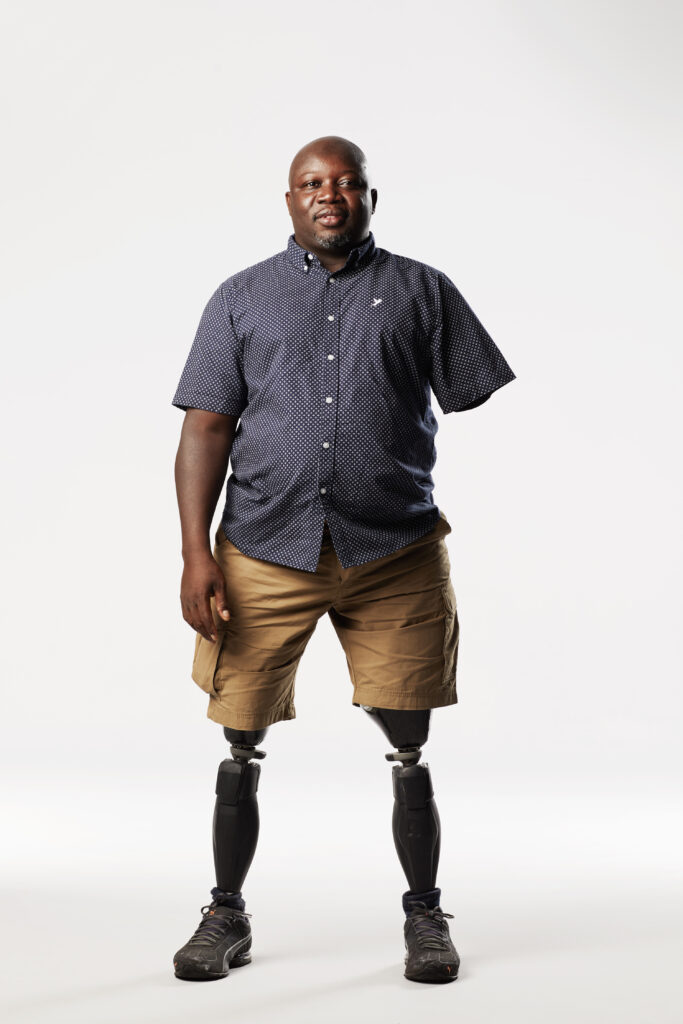
Lamin Manneh
Lamin, originally from Gambia, joined 1st Battalion the Irish Guards when he was in his late twenties.
You were injured on New Year’s Eve…
That’s right, in 2010. I don’t remember what happened, I just know what colleagues have told me. I stepped on an IED on operations in Afghanistan. I lost both legs above the knee and my arm above the elbow, as well as my two front teeth. I do remember lying on a stretcher, then I felt something go into my chest. Two weeks later I woke up in hospital in Birmingham.
And your wife was by your bedside…
When I came out of the coma my wife told me that I had lost my legs. I didn’t believe her – I could still feel them. When I touched my arm, I said: ‘Oh my God, it’s true.’
Can you remember your initial thoughts?
I thought that was the end of everything in life for me. I thought I was going to be useless, that I would never be able to do anything for myself. Before, I liked to challenge myself but without my arm and legs I thought I wouldn’t be able to do that. It was devastating for me. It hit me hard.
How did your wife deal with all this?
When I woke up, my wife didn’t want me to see her upset. A long time afterwards, she told me the doctors would call her and my parents in those two weeks to come and say goodbye because they thought I was going to die. My breathing would stop, and the doctors would scramble to get things working again. She had a lot of sleepless nights.
And you had a young family at that time…
At first, I felt I wouldn’t be able to give them the support they needed. But when I went to Headley Court, I started to realise that no matter what your circumstances, there are always things you can do. I wanted to show my kids that nothing is impossible if you have resilience, that if you put in the effort you can get to where you want to be. Things happen that you have to accept rather than moaning and blaming others or yourself.
During rehab you learned of Blesma…
For me, it is one of the best military charities this country has ever provided. Blesma stood by my side in my darkest moments. No matter the time, day or night, their support network was always there. Without them I don’t know if things would be the same for me – I cannot be more grateful.
How important is the camaraderie it offers?
Blesma plays a vital role in keeping veterans in touch with each other. Sometimes, you meet older veterans who served in WWII, and you know you are on the same path because you went through the same thing.
How do you feel about your injuries now?
We all pay a price, but I’m here to speak to my kids, to take them to football, to give them guidance and provide for them. We all go through hardships, but many people don’t have the opportunities I have.
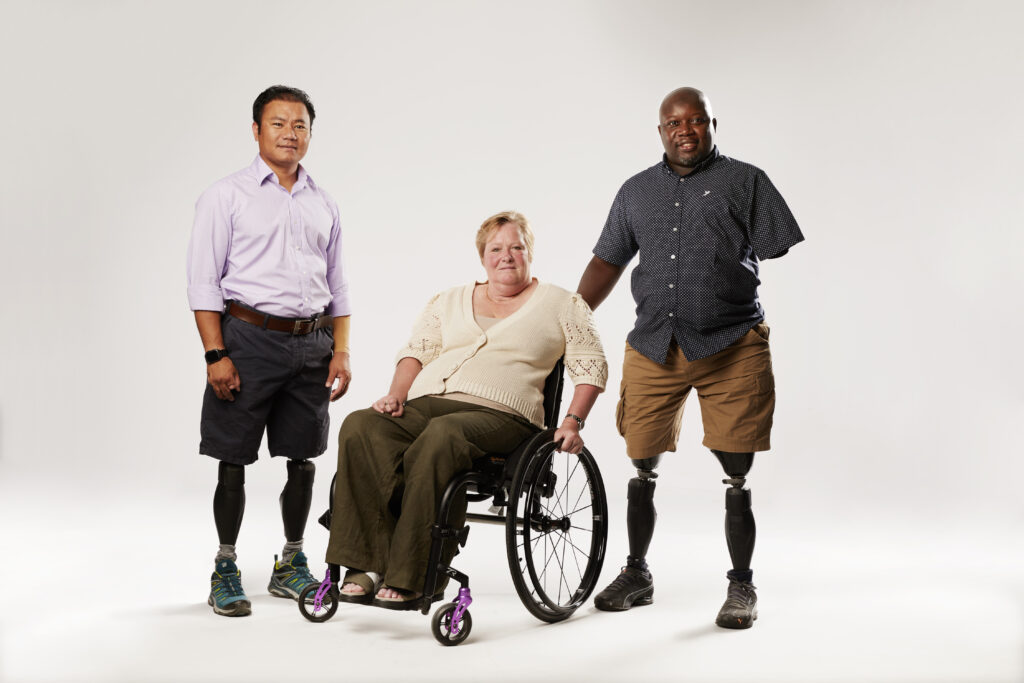
You can watch the full video by clicking here.
If you want to find out more about the fantastic work Blesma does in supporting limbless veterans, head to their website below.














